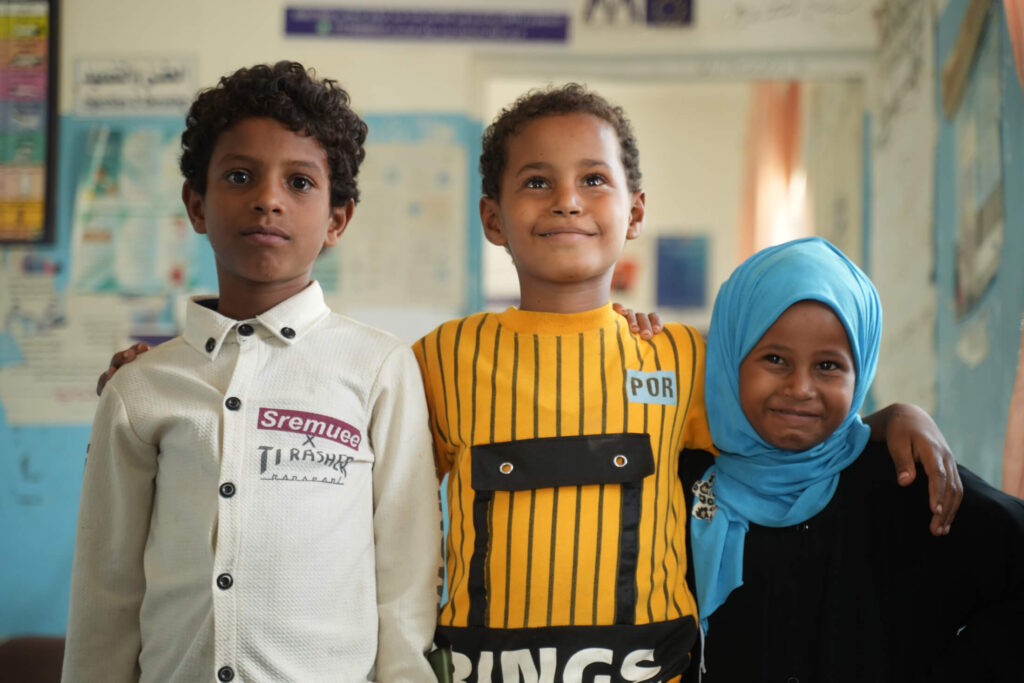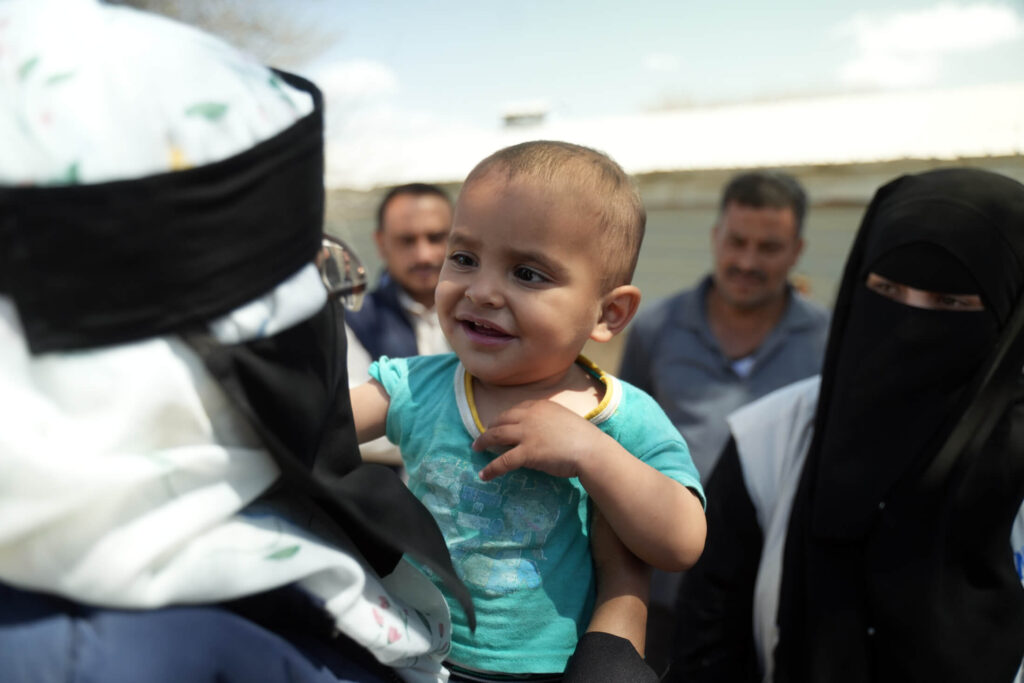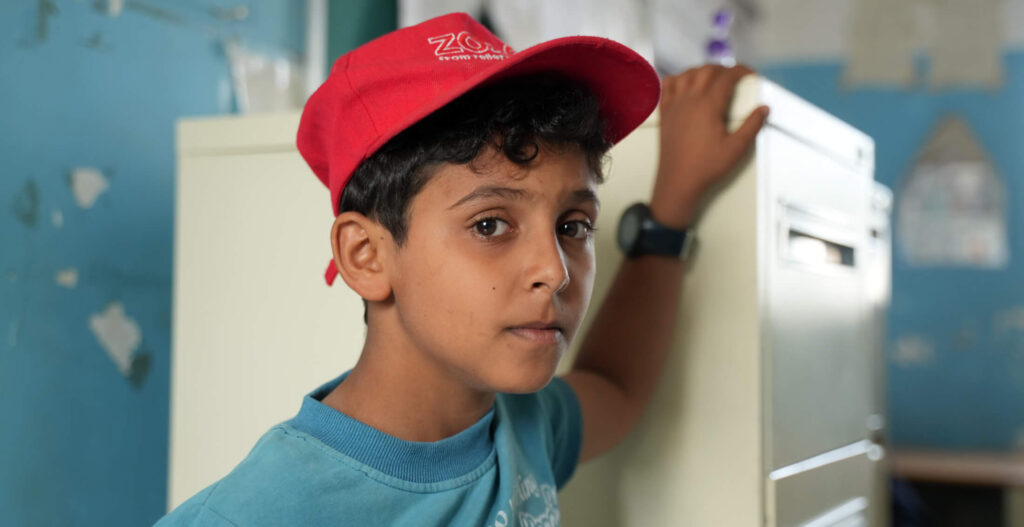If you’re a child in Yemen, you probably don’t remember a time before the war.
You’re probably hungry. About 2.7 million children are acutely malnourished, while two in three Yemenis don’t know where their next meal is coming from.
You may not have had your routine vaccinations—almost one-quarter of Yemeni children under 12 months haven’t. As a result, you’re vulnerable to dangerous but preventable diseases such as whooping cough, polio, measles and diphtheria. Even worse, if you catch these diseases, you probably don’t have access to treatment.
If you’re a boy, you might have to work to support your family from a young age. Or you might be recruited into the fighting. If you’re a girl, you’ll probably marry before the age of 18. One-fifth of children have lost their homes and many schools have closed.
It’s not much of a childhood.
After a decade of civil war, Yemen is experiencing one of the worst humanitarian crises in the world. International Medical Corps has provided lifesaving assistance in Yemen since 2012, including healthcare, nutrition and food security, and water, sanitation and hygiene. Our dedicated teams provide a range of services at static health units and through mobile medical teams that visit camps for internally displaced persons (IDPs) and hard-to-reach rural areas.
One of our missions is to give the children of Yemen their childhood back.
A Day at Gol Madram Health Unit in Lahj Governorate
In the southwest part of the country, Lahj governorate is a region where malnutrition rates are high and more than half the population lives in IDP camps. The team at the Gol Madram Health Unit provides nutrition services and vaccinations for children, as well as feeding and reproductive advice for mothers.

The Community Management of Acute Malnutrition program has been a huge success. Thanks to the staff’s efforts and the generosity of donors, the children treated through the program have a 100% recovery rate.





Mobile Medical Team Visits the Al Jeef IDP Camp in Al Dhale’e Governorate
4.5 million people have been displaced by the conflict in Yemen. According to UNHCR, the UN Refugee Agency, about 80% are women and children. Many of them have ended up in overcrowded camps and dangerous areas that are prone to natural disasters like flooding and that have limited sanitation facilities—increasing the risk of cholera and disease.
International Medical Corps’ mobile medical teams visit camps and villages in the rural parts of Yemen to provide a range of services, including nutrition, vaccinations and medical consultations.



Helping Yemen’s Most Vulnerable
“During a crisis, children are especially vulnerable,” says Wasim Bahja, International Medical Corps’ Country Director in Yemen.
“Children are at higher risk of malnutrition than adults when food is scarce,” he explains. “And if a child isn’t getting enough food and care, their immune system is less able to fight diseases such as malaria, measles, or cholera.
“A child under the age of five dies of a preventable cause every 10 minutes in Yemen. We can change that. The health and nutrition services that our teams provide are the building blocks for their survival.
“These children have grown up knowing nothing but conflict. We’re working to give them a better future.”

To help us continue saving children’s lives in Yemen and around the world, get involved today.
